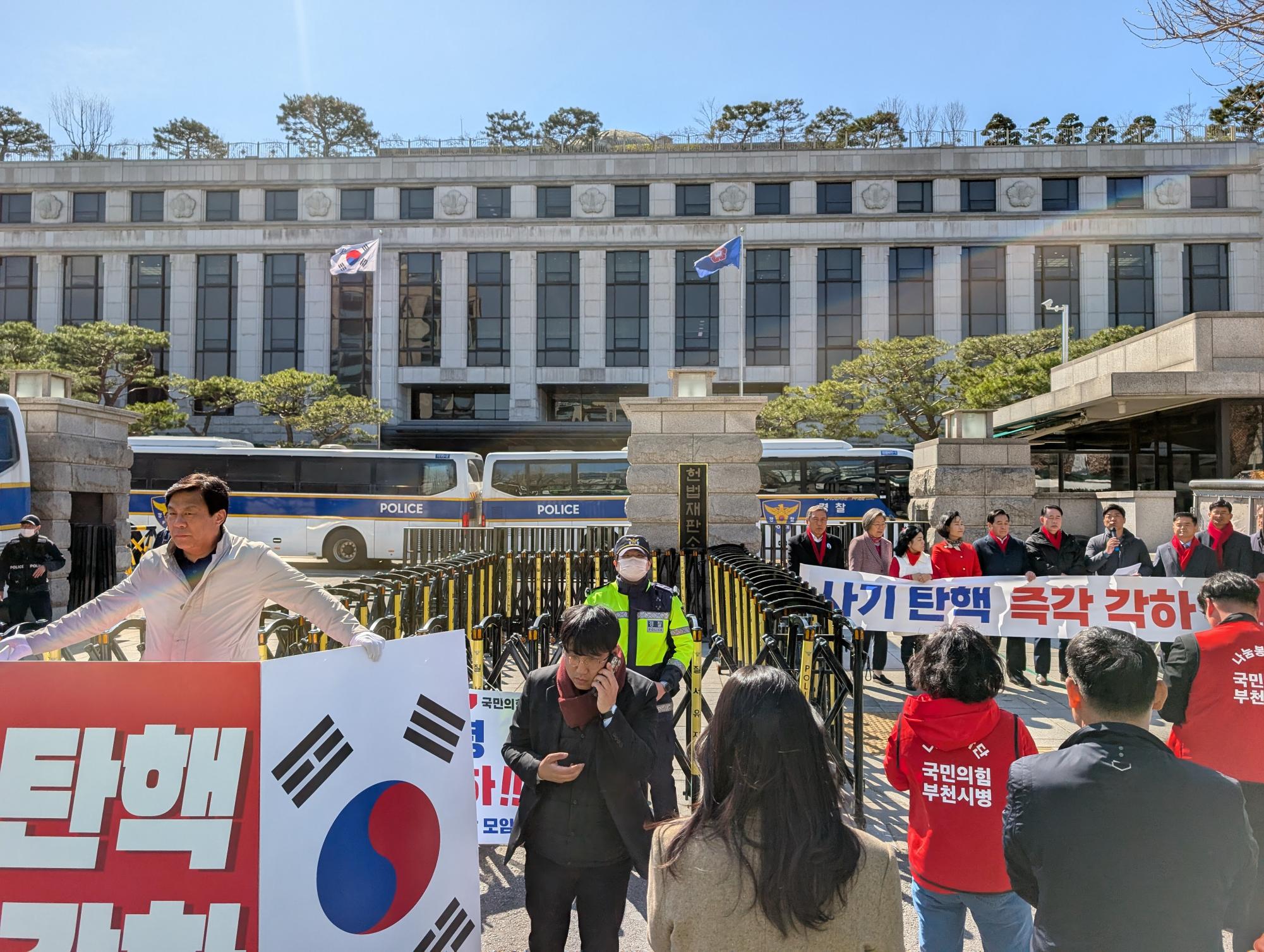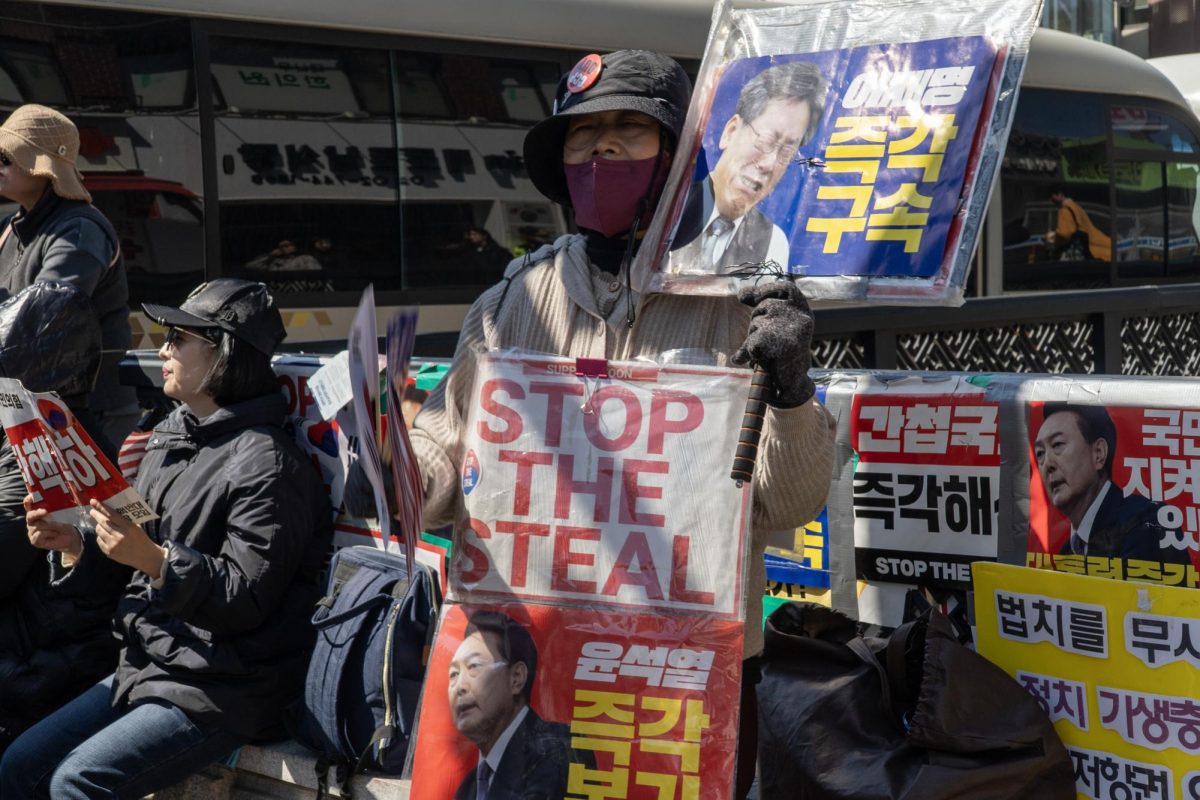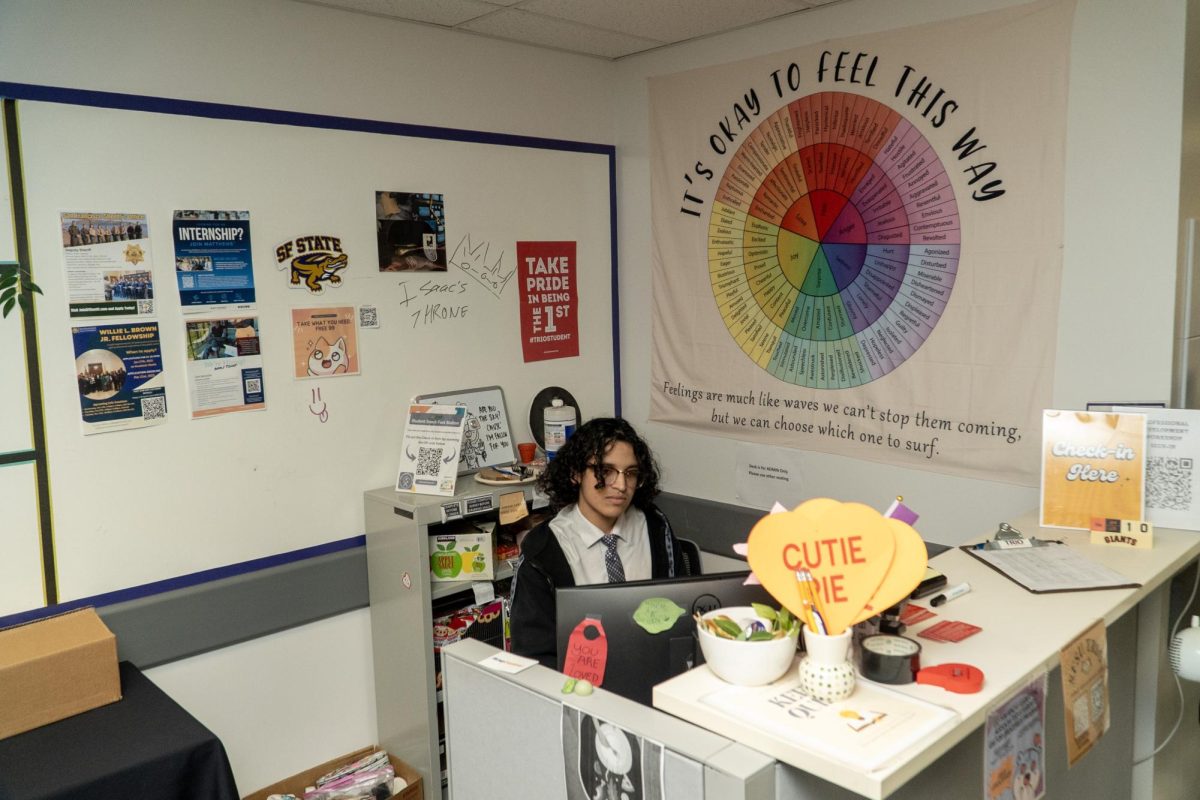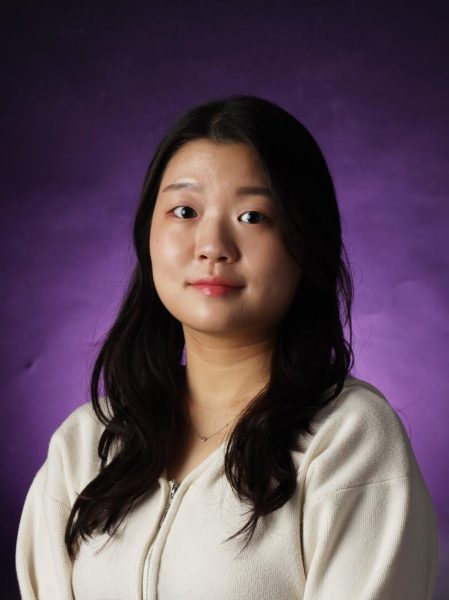With millions of Koreans watching the live broadcast, all eight judges of the Constitutional Court unanimously upheld the National Assembly’s decision to impeach South Korea’s President, Yoon Suk Yeol, on Friday.
Seohyun Park, an urban planning student at San Francisco State University, expressed her joy about the final verdict of impeachment and her belief that the outcome was inevitable.
“I hope this time will pass quickly and that the country will return to normalcy,” Park said. “It was the courage of the people who took to the streets that made this possible.”
The decision comes after President Yoon was suspended from duty on Dec. 14, 2024, after declaring an emergency martial law earlier that month that caused chaos in the country.
President Yoon claimed that the declaration was intended to preserve the liberal constitutional order. Late last year, citizens confronted the military, and police gathered at the National Assembly building while the members of the National Assembly forced their way into the building. A motion to lift the state of emergency was subsequently passed by the assembly members. The martial law was lifted after just six hours.
Despite the suspension of his duties and the charges of insurrection, the criminal prosecution process wasn’t straightforward. Due to organized resistance from the Presidential Security Service, it wasn’t until Jan. 15 that President Yoon was arrested. In response, supporters of President Yoon stormed the courthouse that issued his warrant, drawing parallels to the U.S. Capitol attack following Donald Trump’s loss in the presidential election.

On Feb. 25, the constitutional court concluded its discussion. Amid the turmoil surrounding the controversy over the authority to investigate insurrection charges, as well as the cancellation of the president’s detention, all individuals involved in significant insurrection-related duties were incarcerated.
Aerim Yoon, a business student, shared her feelings during the impeachment process, recalling a mix of frustration and anticipation.
“Before the verdict, I felt a strong hope that impeachment would soon be realized,” Yoon said. “As a citizen of South Korea, there were many frustrating aspects throughout this experience.”
Business student Seungho Choi said that as a South Korean citizen, the occurrence of a second impeachment is a sad and embarrassing situation.
“As a student on a limited budget studying abroad, I feel that the stability of the exchange rate resulting from the impeachment is an important factor,” Seungho Choi said.
Regarding the impact of the verdict on the daily lives of Korean students living in San Francisco, he noted that the dropping exchange rate is a big issue.
“Preparing for a studying abroad program and arriving in the U.S. during a period of political instability in Korea, the exchange rate was significantly high, which created a heavy burden,” Seungho Choi said. “However, since the impeachment verdict, the exchange rate has dropped, which may alleviate some of the financial pressure for Korean students in San Francisco.”
Illwoo Choi, another business student, expressed mixed feelings regarding the outcome of President Yoon’s sentencing.
“Political judgments often create a conflict between the expectations of the people and the reality,” he said.
Choi also emphasized that while he hopes the situation signifies a newfound respect for the rule of law, he is concerned about the potential division of public opinion and social instability.
“As a Korean living abroad, I worry that the domestic political situation could affect the image and relationships of Korean compatriots overseas,” Illwoo Choi said.
As a student studying abroad, Park said maintaining a keen interest in the political situation back home is essential.
“This incident will inspire more people to engage with politics and vote thoughtfully in the future,” said Park.










